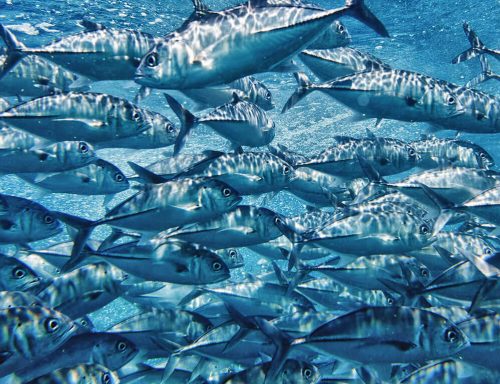So many of us have never given a second thought when selecting canned tuna while at the grocery store. We rarely stop to think about the process of how a small can of tuna came about and its environmental impact. Unfortunately many brands continue to use horrific methods for catching, fish populations are overfished, and workers are performing in dangerous conditions. As a result, common canned fish sourcing methods are wreaking havoc on the environment.
With over 70 percent of the earth’s surface covered by water, it goes without saying that this is truly an ocean planet. Thus, as the oceans go so goes the planet and our oceans are not doing very well. Almost 90 percent of all fish stocks are either fully exploited or overexploited… (Wild Planet, 2014)
There is good news! As the sustainable food movement gains traction, there is pressure to do better. Companies like Wild Planet pledge to make our seafood sustainable for our oceans and the rest of our world. What does buying sustainable tuna mean, exactly? A few key components are necessary: humane sourcing, minimal impact to the environment, and worker protection.
Fishing Methods
One of the biggest issues with fishing methods is that many fisheries utilize techniques that also produce excessive by-catch of juvenile fish and other non-targeted species. By-catch is the marine life unintentionally caught and often killed when fishing (Greenpeace, 2017). Using massive nets to catch tuna, fisheries usually catch much more than just tuna. Juvenile fish, turtles, sharks and even dolphins are typically caught and die in these nets. The environmental impacts of such sourcing methods are widespread and devastating. And while tweaking these sourcing methods can provide a slight solution, the better option is to source tuna and seafood with more sustainable methods.
Wild Planet takes pride in ensuring the tuna caught for your consumption was done with minimal impact to other marine wildlife. Their products are sourced typically with “line and pole” and “troll” methods.
Line and Pole Method
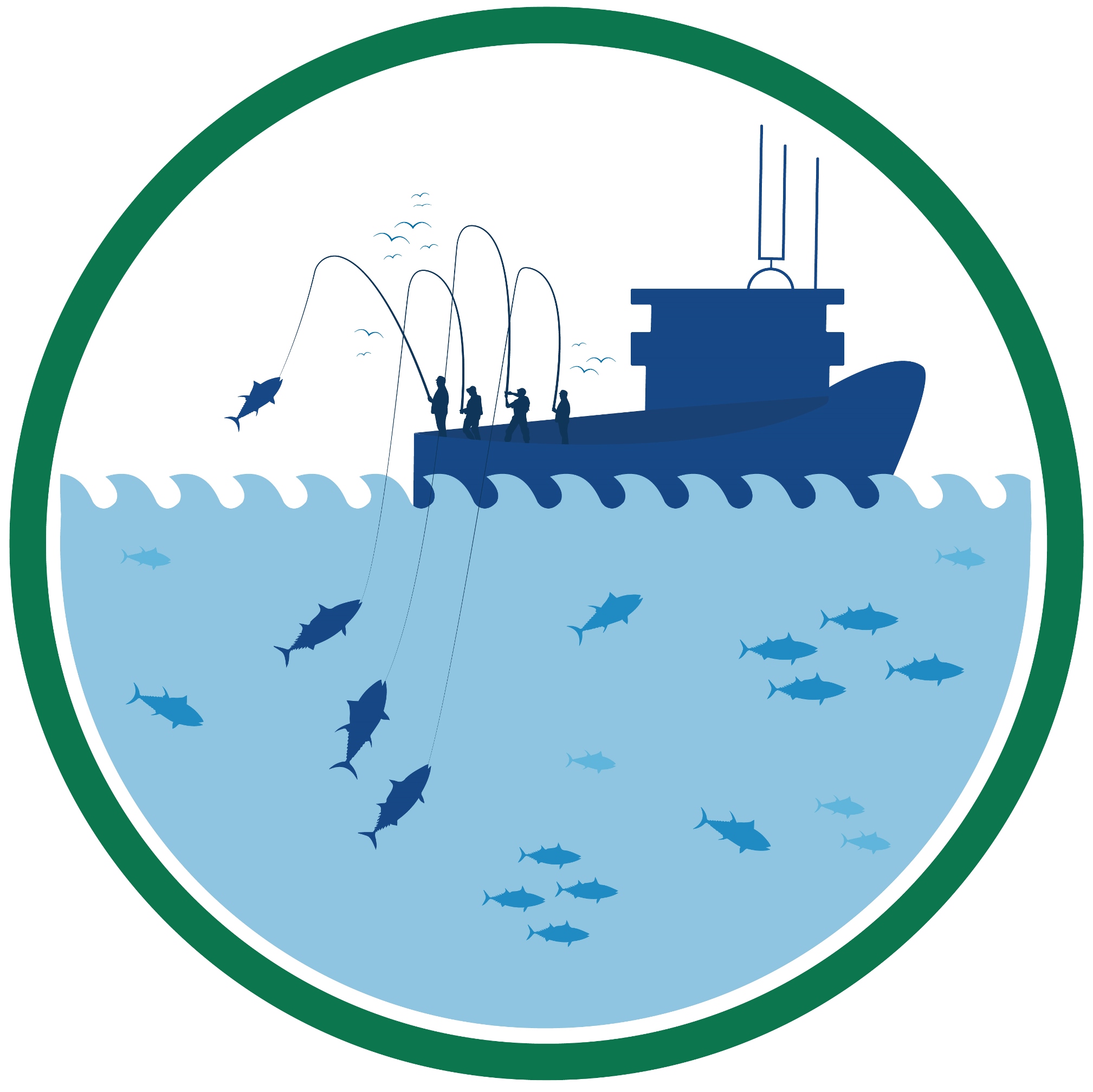
As the name suggests, a line and pole method uses a simple pole for catching tuna. A “bait boat” tosses live bait into the water while fishermen haul tuna up one-by-one (Wild Planet, 2014), making the line and pole method highly sustainable.
Troll Method
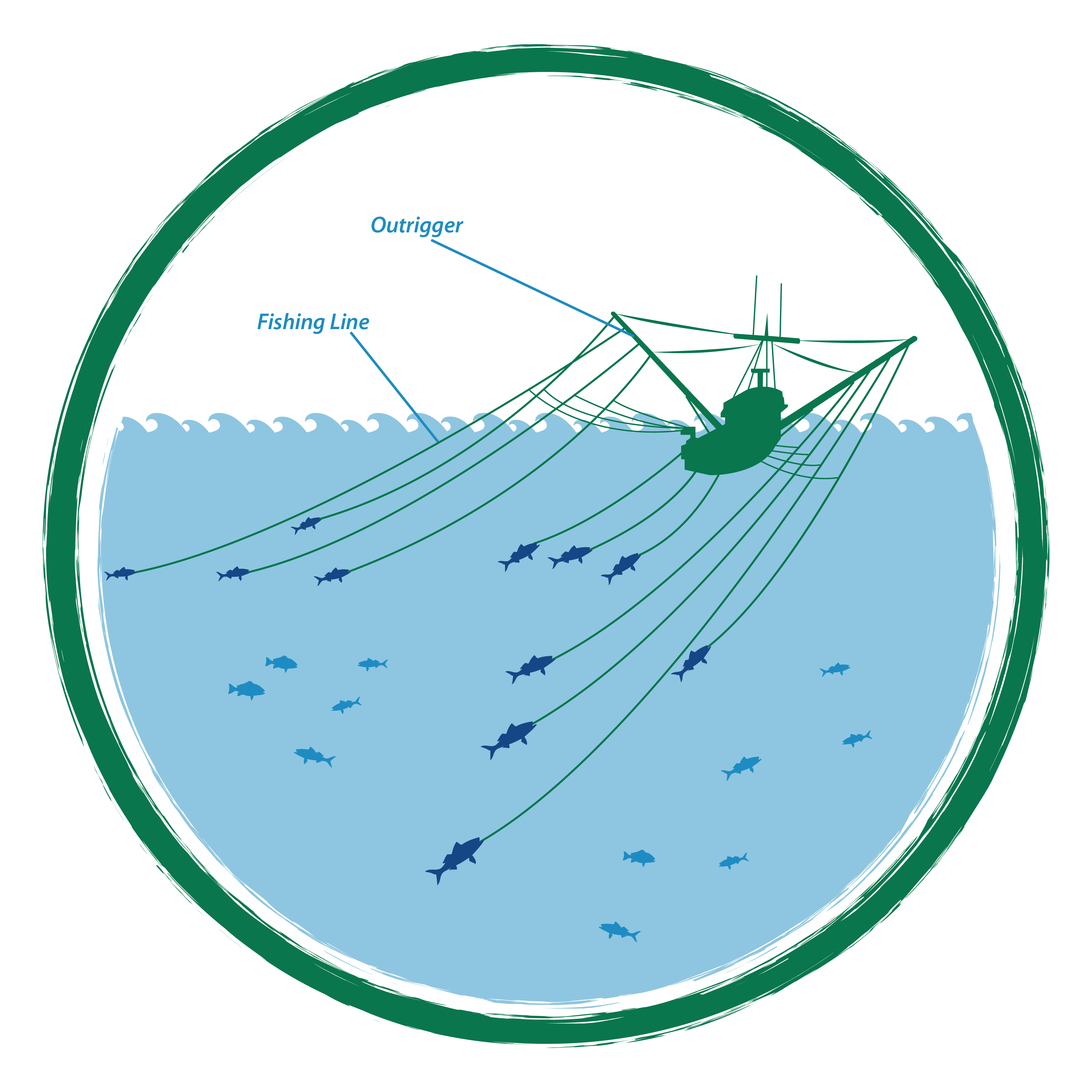
Another sustainable method is trolling. This involves one or more jigged fishing lines being towed through the water behind a slow moving boat (Greenpeace, 2017). It is a great method since fishers identify where tuna is located before catching.Trolling is also designed to catch fish on the ocean’s surface. Therefore, ‘troll-caught albacore’ always refers to the younger, smaller albacore. These fish are typically rich in Omega 3 rich and “demonstrably lower in mercury than deep water larger albacore due to fewer years of feeding in the food chain” (Wild Planet, 2014).
To take things one step further, Wild Planet ensures their products are 100% traceable. Yes, you read that right. All of their sourcing documentation is available to the public, including information about:
- Vessel name and country flag
- Trip dates, area of catch and port of landing
- Catch method (pole and line, or troll)
- Total weight of landing
- Dolphin safe statement
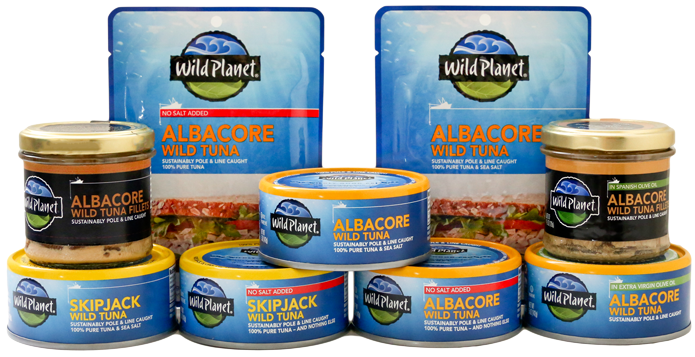
Providing important information about each can’s sourcing helps us to stay informed as conscious consumers. In a day and age where we want to know more about what we put in our bodies, it’s great to see companies like Wild Planet step up to give us the information we want.
Safer, less invasive sourcing methods can ensure that the tuna you purchase is sustainable. In addition to fishing methods, companies are working hard to choose exactly where they are catching tuna and other seafoods.
Location, Location, Location
Exploitation and, even worse, overexploitation of fishing locations are causing extreme harm on our oceans and marine life. “Overexploitation not only causes negative ecological consequences, but it also reduces fish production, which further leads to negative social and economic consequences” (Food and Agriculture Organization of the UN, 2012).
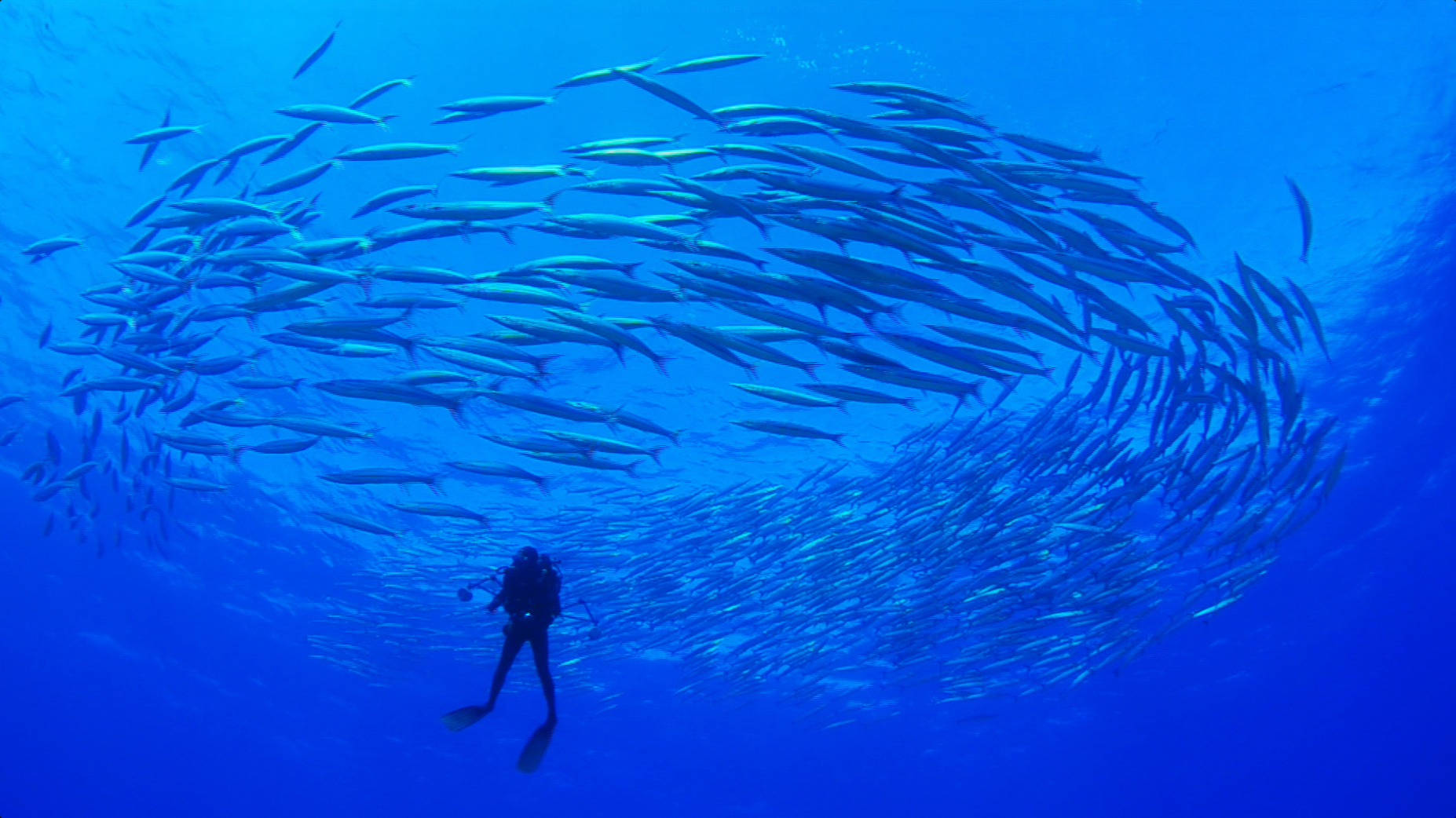
To protect our oceans and marine life, Wild Planet vows to not source tuna from high seas ocean sanctuaries in the Western and Central Pacific Ocean (Greenpeace, 2017). These sanctuaries are in place for fish populations to grow and flourish, and if companies overfish in these areas, entire populations of fish will be depleted. This is not only bad for our consumption of the product, but also marine ecosystems.
Fisheries’ Workers
Continuing even today, fishing vessels many times can be a dangerous environment for workers. Vessel owners sometimes completely dismiss labor laws – creating chaos for the workers on board.
From low or unpaid wages, inadequate food, clean water and sanitation, lack of safety equipment and long working hours, to forced labour, human trafficking and even murder at sea, the situation is dire for many working in the industry(Greenpeace, 2017).
Sustainable companies, however, are working to shift this dynamic.
Wild Planet and other sustainable seafood companies are acting as advocates for fisheries’ management. They want to strengthen and safeguard workers’ rights, protecting the ones who work in hazardous conditions to provide us with delicious and nutritious seafood.
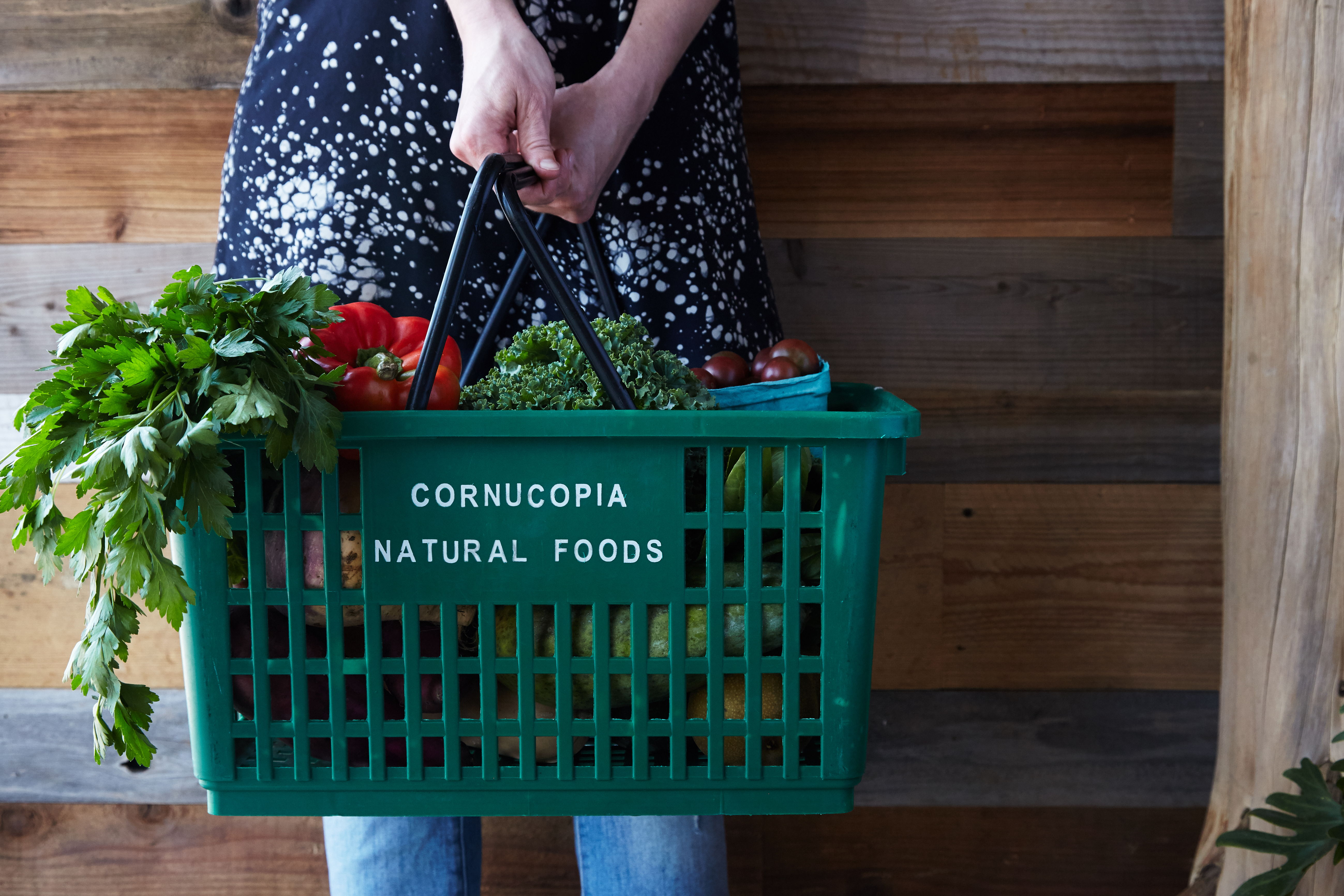
It’s up to us
We as consumers play an important role with each purchase that we make. When we make conscious decisions to support sustainable companies, we are impacting the world for the better. Even though the decision seems small, by purchasing tuna from Wild Planet and other sustainable companies, you are in effect supporting:
- Sustainable methods of fishing that reduce by-catching
- Growth and protection of ocean sanctuaries around the globe
- Workers and fisheries for safer working conditions
Who knew that one small decision could positively impact our world in such a large way?
Our goal at Wild Planet Foods is to educate and inspire consumers to make wise choices that will result in immediate health benefits for themselves and their families and a positive, long-term impact on our planet (Wild Planet, 2014)

